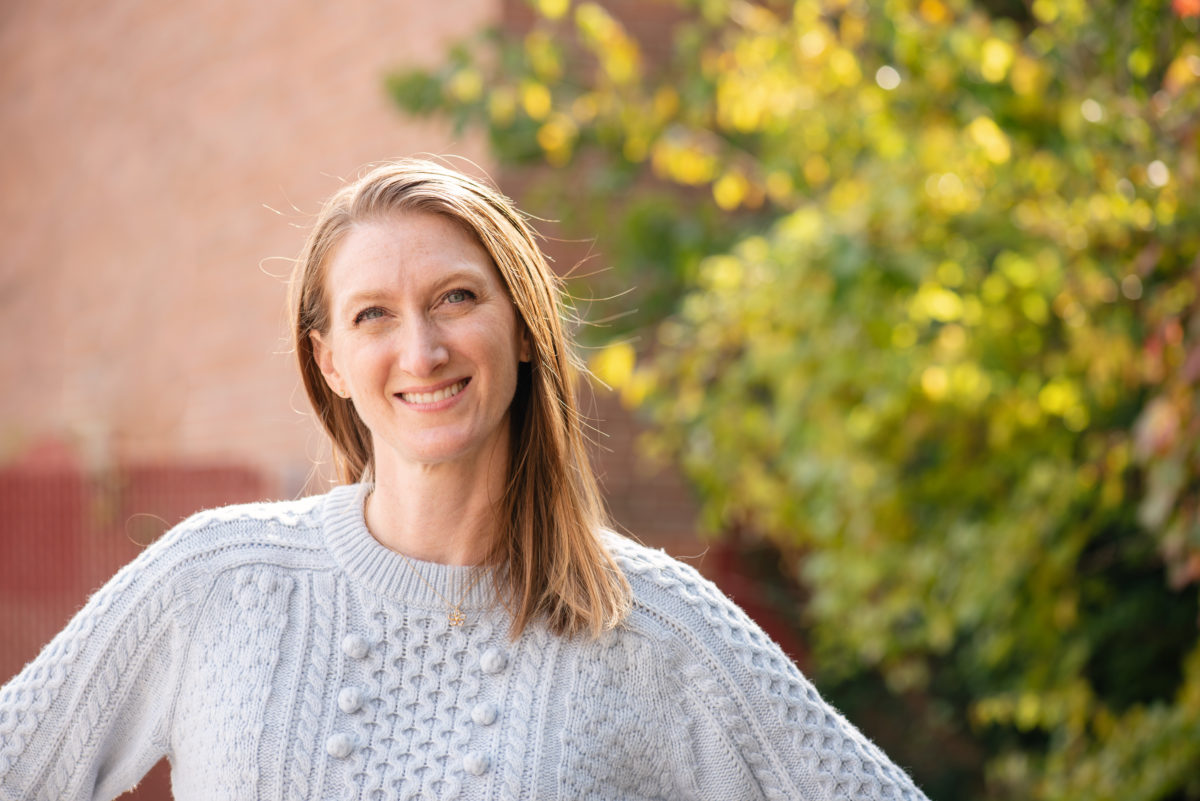At only four miles away from Florham Park, NJ, Hearing Doctors of New Jersey is available to all of the town’s residents who are looking for treatment for hearing impairment
Whether you need a hearing assessment, new hearing aids, an evaluation for CAPD, or are looking for a fully comprehensive treatment plan, our experienced team at our Livingston office is more than happy to help you achieve all your hearing goals.
Adult Hearing Assessments
An adult hearing assessment is a test that will help your Doctor of Audiology determine whether you have a hearing impairment and if so, to what degree it’s at. Once we have that information, we can choose the right treatment to fit your needs. With so many types of hearing impairment, it’s important to establish which kind you have and what the cause is so we can find the best treatment for your individual needs.
During your hearing test, you don’t need to do anything besides listen as best you can. Your Doctor of Audiology will guide you through the assessment and then explain the results and treatment plan to you.
But the adult hearing assessment is more than just the hearing test. It first starts with learning about your medical history. This includes what medication you’re on and what conditions you have or have had in the past. Next, we examine the ear for any obstructions or damage that may be causing hearing loss. The final step is the hearing test and analysis.
Hearing Aids
Hearing aids are one treatment option for hearing loss that can be very effective. They are worn in the ear or outside the ear to allow those with hearing loss to hear more clearly. They typically consist of a microphone, an amplifier, and a speaker and can work in both quiet environments and noisy ones. The type that is best for you depends on your degree of hearing loss.
There are a wide variety of different types of hearing aids and hearing aid manufacturers. On your own, it may be daunting to figure out which one is right for your needs, but your Doctor of Audiology will help you choose the right one for your level of hearing impairment.
The hearing aid manufacturers we offer at Hearing Doctors of New Jersey include:
- Starkey
- Oticon
- Widex
- Phonak
- ReSound
Hearing Aid Repairs & Fittings
We also provide hearing aid repairs and fittings at Hearing Doctors of New Jersey. Whether your hearing aid isn’t working well enough, stops working entirely, or becomes broken, we can ensure you get it repaired and have it back as quickly as possible.
Generally, if a repair is quick and easy, we can perform it in-house and get you back to your day. But if the issue is more extreme, it may need to be sent to the manufacturer to be repaired. We’ll help you send it in and ensure you have the tools to manage your day-to-day without your hearing aid.
As for fittings, you likely won’t wear a hearing aid that doesn’t fit your ear. That’s why we fit the device to your ear to ensure it’s completely comfortable. You should barely even notice that it’s there.
Central Auditory Processing Evaluation
Central auditory processing disorder (CAPD) is a condition often found in children and presents itself very similarly to ADD and ADHD. That’s what makes it so difficult to diagnose. With CAPD, the brain and ears aren’t communicating correctly which makes it difficult to identify spoken words, concentrate, and remember instructions.
To correctly diagnose CAPD, we offer this evaluation. Once we have the results, we can build a treatment plan that fits your exact needs. We do this with the input of occupational therapists, psychologists, speech-language pathologists, and school resources.
H.E.A.R. Method Treatment Program
The H.E.A.R. Method Treatment Program is our proprietary program that ensures you’re getting comprehensive treatment for your hearing impairment. While we want to help you with your hearing loss, we also want to look at the bigger picture as well. We want to look at how your brain and hearing work hand in hand and how one is affecting the other.
The H.E.A.R. Method is founded on our four principles and these principles make up the letters of the name of the program. It includes:
- Hearing goals: building a treatment plan that addresses shared goals that give us a map of what we need to do to be successful
- Engagement: we always want to have honest conversations with you and your family about your treatment plan
- Analytics: we use hearing test results to analyze and decide on what your hearing issues are, what an effective plan may be, and what realistic expectations look like.
- Real Results: Our biggest goal is to provide real results that are customized to your needs.
About Florham Park, NJ
Florham Park, NJ is located only about ten minutes from Livingston where Hearing Doctors of New Jersey is located. It’s a borough of Morris County and has a population of just over 13,000. The town is most well-known for being the home of the world’s largest chemical company and for its number of volunteer positions. It has a volunteer fire department, volunteer town council, and volunteer first-aid squad.




